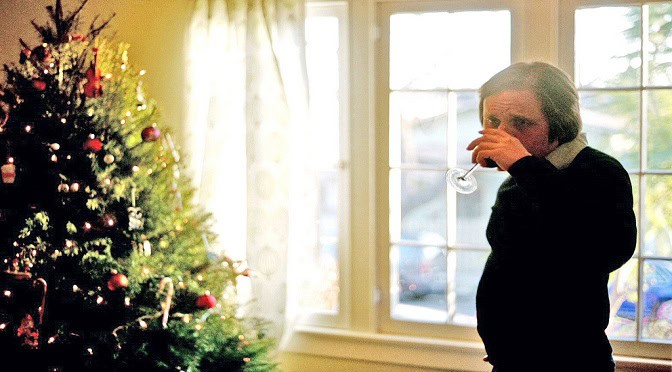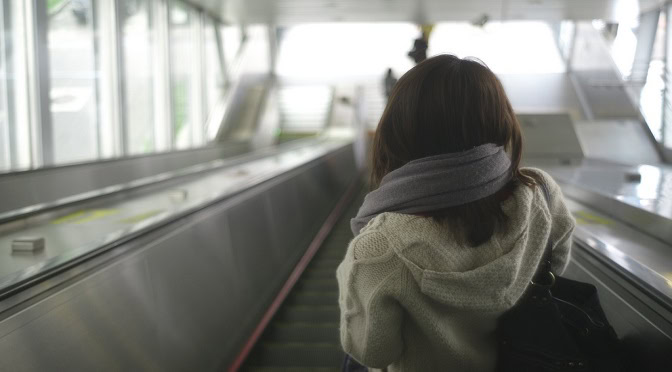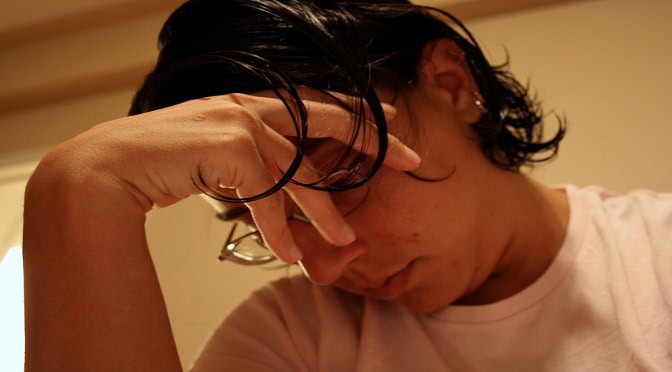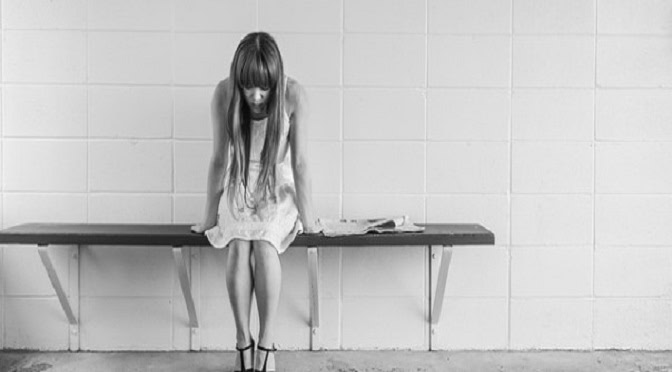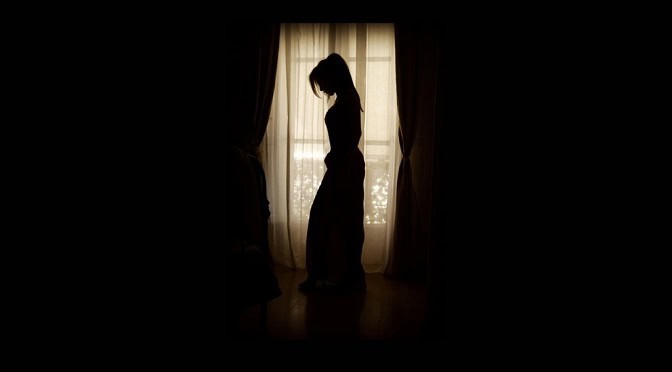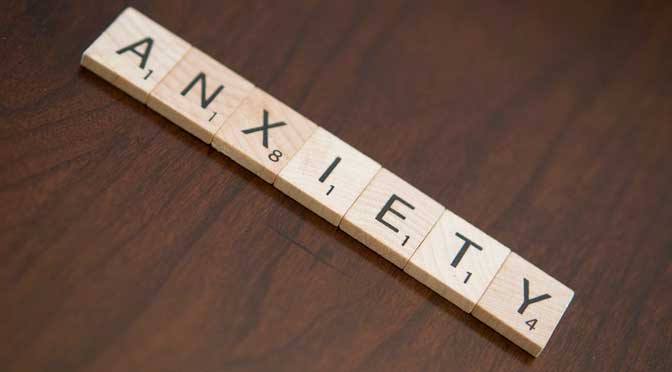It’s the Most Wonderful Time of Year… Well, Not for Everyone
It’s that special time of year when stores, TV commercials and magazines are filled with images of joy for the season. However, for many people, the holidays aren’t always so cheerful. They are constant reminders of others’ happy seasons which can be a painful reminder of the lack of happiness and love in one’s life.
The month of December can be a particularly difficult time of year for those dealing with family conflicts, end-of-the-year deadlines, loss, bad eating and drinking habits, break-ups, divorce, loneliness, mental health issues, and those cold and dark winter days. It’s easy for the holiday season to feel not-so-merry and bright.
Having feelings of depression and a negative mood affect many people at the holidays (not just those who have clinical depression).
Risk Factors of Holiday Depression
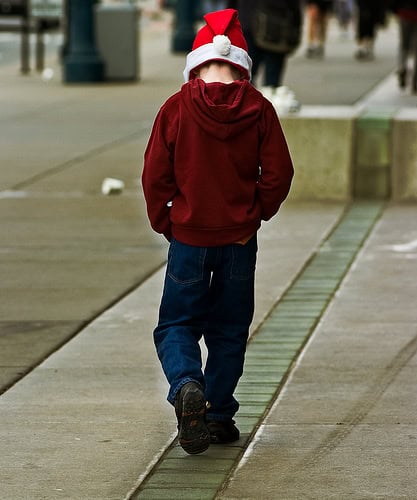
Unrealistic expectations. When you hope for a perfect white Christmas, you are not only setting yourself up for disappointment, but even depression. According to psychiatrist Dr. Mark Sichel, people have an anticipation or fantasy of the holidays like they have seen on TV. It’s never going to be exactly like they think it will be and they are often disappointed. Also, there’s often going to be disagreements within families that comes out during holiday times.
Managing your expectations during the holidays and not hoping for things to be perfect is important when it comes to family. If you’ve recently experienced the loss of a loved one, or the holidays are a time of family conflict, putting pressure on your family to get along or to be happy could lead to disappointment and anxiety.
If you are mindful of what you do have to be thankful for, it can help fight those negative feelings of failing and inadequacy.
“Realize that the holidays do end — and take stock of what you can be grateful for. Having gratitude is probably the best antidote against depression.”
Doing too much. The pressure of trying to do everything at the holidays like:
- planning the perfect holiday meal,
- traveling home to see your family,
- accepting every party invitation, and
- meeting those end-of-the-year deadlines
can be enough to make anyone’s head spin. Stress can take a significant toll on your mood (and sleep habits) if you’re susceptible to anxiety and depression.
The most common triggers for the holiday blues are the pressure and fear of not getting everything done.
“Being bogged down by perfectionism can contribute to feeling down. Many people feel they just can’t do the right thing, that family members are always disappointed in them.”

Comparing. Christmastime can be a difficult time to avoid comparing yourself to others. When you compare your holiday experience with other peoples’, it is a recipe for increased sadness and isolation. If you have a less-than-perfect family, or a past trauma from this time of year, it tends to make you feel bad about yourself.
“People’s basis for comparison is not based in reality, because most families have issues and most people do not have the perfect Christmas that they would like to have or that they’d remember from their childhood.”
Self-care. December is the busiest time of the year for many people. When the calendar gets full with social obligations and work pressures pile up, the things that normally keep us happy (and healthy) — yoga classes, morning runs, home-cooked meals — are usually the first thing to fall by the wayside.
Bad eating habits and drinking in excess can also increase your stress, depression and anxiety. Don’t overeat or drink too much. Take care of yourself. Exercise and do whatever keeps you together.
It is especially important to avoid binge drinking. During the holidays, alcohol is everywhere, and if you’re struggling with sad emotions, it may be a good idea to avoid drinking as much as possible. Alcohol can worsen symptoms of anxiety and depression.
Seasonal Affective Disorder. You may have Seasonal Affective Disorder (SAD) if you tend to feel down when winter arrives each year, and when those negative feelings don’t go away when the holidays are over.
SAD is a form of depression that’s brought on by the change of seasons. People who think they are suffering from the holiday blues may actually be suffering from SAD. But, SAD isn’t just the winter blues. If you’re experiencing symptoms of the disorder, you should talk to your doctor or a specialist to find a treatment that works best for you.
Remember — you are not alone.
“It’s ironic, but many people struggle with feelings of sadness during the time of year we traditionally think of as being most festive.”
How to Cope with the Holidays

There are many good strategies to help you cope with getting through the crazy holiday season.
1. Make a Plan. Be realistic about what you can accomplish during the holidays. Don’t try to fit too many activities into too little time and end up feeling rushed, anxious and disappointed. Be selective about the events and activities you choose. You don’t have to have a light display big enough to be seen from Mars or bake every cookie variety shown on the Cooking Channel. Have one goal. One goal is plenty and that goal needs to be to relax and enjoy being with the others around you.
However, if you feel overwhelmed during a get-together, have an exit strategy or a plan so that you don’t feel trapped. Excuse yourself and take a walk, take a rest or call an old friend.
2. Stick to a Routine. Don’t create more stress for yourself by trying to stick to your normal sleeping and eating habits in the middle of the holiday celebrations. But, don’t go so overboard that you get yourself into trouble. If you are going to have a heavy dinner, eat lighter during the day. Don’t get up at the crack of dawn, and don’t go to sleep absurdly late. And don’t forget about your physical activity. Taking a short walk or run is a great mood booster and can give you some much needed alone time or one-on-one with someone else.
3. Acknowledge Sadness. Holidays are sometimes the anniversary for remembering the loss of a family member. Seeing all those smiling faces around the table can be a painful awareness of those who are gone. It’s better to acknowledge the sadness and understand that it’s perfectly normal for the grief to pop up at certain times, rather than hide or deny it. It can be a good opportunity to use those times to talk about the people who are gone and what they meant to the family.
4. Plan Some Down Time. Recovery time is to be expected. Try to adjust your schedule and give yourself permission to have some down time in the New Year. It’s important to give yourself time to process everything because when you have those sad feelings, it does not necessarily mean that you are depressed. You can trigger depression with unacknowledged sadness. And then you will be dealing with something much more serious that just the holiday blues. If you are having feelings of serious sadness and they persist for longer than two weeks, it’s time to seek medical attention to see what is wrong. You may be depressed or have another condition.
5. Have a Sense of Humor. Having a sense of humor is a valuable coping skill. So, try to keep yours when you burn dinner and the kids knock over the tree. And just remember that eventually your relatives will go home!
Some great advice to keep in mind as we head into the busy holiday season. Happy holidays to all!
This information is provided to supplement the care provided by your physician. It is neither intended nor implied to be a substitute for professional medical advice. CALL YOUR HEALTHCARE PROVIDER IMMEDIATELY IF YOU THINK YOU MAY HAVE A MEDICAL EMERGENCY. Always seek the advice of your physician or other qualified health provider prior to starting any new treatment or with any questions you may have regarding a medical condition.

